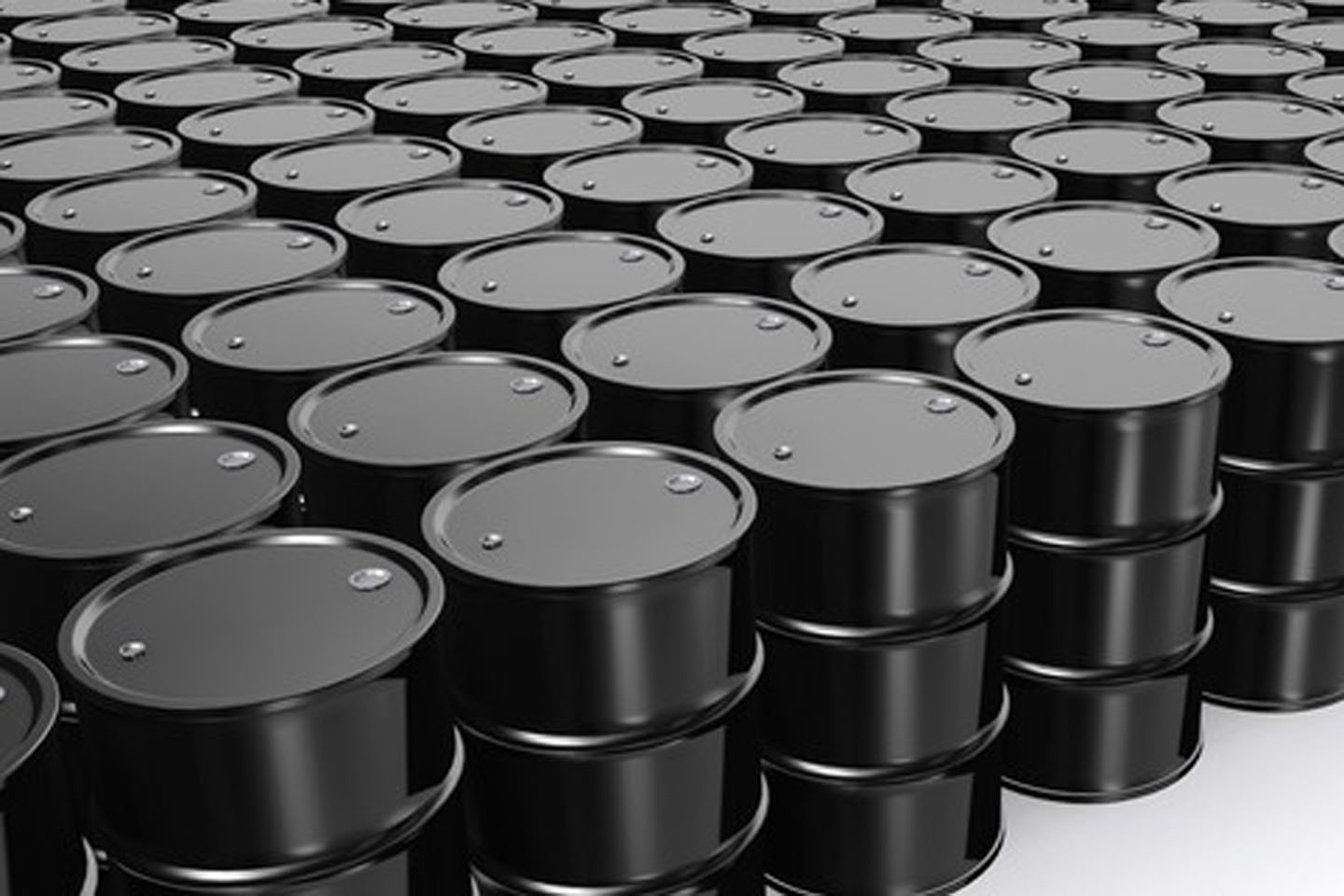Buru Energy’s coffers are poised to swell by $4 million through the sale of a 72,500-barrel batch of Ungani oil to global giant BP. With the batch now lifted to ship, Buru is also set to assume full ownership of the Kimberley region oilfield, with joint venture partner Roc Oil to hand over its 50 per cent interest and approvals expected next month.


Buru Energy’s coffers are poised to swell by $4 million through the sale of a 72,500-barrel batch of Ungani oil to global giant BP.
With the batch now lifted to ship, Buru is also now set to assume full ownership of the Kimberley region oilfield, that will be suspended for the coming wet season. Joint venture partner Roc Oil will assign its 50 per cent interest to Buru with the transfer documentation and statutory government approvals expected to be completed next month.
The final price for the oil shipment is subject to the realised average dated Brent price for September. Buru will share the revenue equally with Roc Oil and the latter will then pay its share of field suspension costs.
Buru Energy chief executive officer Thomas Nador said: “The Ungani Oilfield has produced and sold over 2.3 million barrels of crude oil since production commenced in 2012. Sales revenue from the Ungani field has provided significant benefits to Buru shareholders, Traditional Owners, the Government and Kimberley communities. Buru has a proud history of production operations in the Kimberley and looks forward to maintaining a strong presence in the region as it progresses the development of its flagship Rafael conventional gas and condensate discovery for the benefit of the region.”
With the final Ungani oil shipment on its way to south-east Asian refineries, Buru will now move to suspend production operations at the field over the Kimberley coast’s wet season that runs from about November to April. Management has cited the uncertainty surrounding its field-to-market pathway for Ungani oil, stemming from Fitzroy Crossing Bridge rebuilding efforts, as the reason for its decision to suspend the field.
Ungani sits about 90km east of Broome and its oil is trucked over the Fitzroy River at Fitzroy Crossing to the Port of Wyndam, where it is stored in an 80,000-barrel tank prior to being shipped to market.
Earlier this year, the main Fitzroy Crossing Bridge was destroyed when the Fitzroy River peaked at more than 14m in what the Bureau of Meteorology described as a one-in-100-year weather event, brought on by ex-Tropical Cyclone Ellie.
Buru says it has been advised by Main Roads that the current temporary river crossing arrangement is likely to be unavailable during the upcoming wet season, resulting in the decision to once again suspend Ungani production. Main Roads says the new permanent Fitzroy Crossing Bridge will be operational mid-next year, reopening the route for Ungani’s oil to market.
With the final cash injection from Ungani as good as in the bank, Buru’s focus is now firmly on its flagship 100 per cent-owned Rafael gas-condensate project in the onshore Canning Basin, about 40km south-east of Ungani.
August was a big month for Rafael news flow, with Buru revealing its multi-phase development strategy for the discovery and Western Australia’s new Domestic Gas policy confirming gas export rights for the project.
A fresh three-dimensional seismic volume has been shot over Rafael and will be delivered to the company as a fast-track dataset. Subsurface staff will use the survey to inform appraisal well drilling next year.
And the results may prove that BP is not the only “quiet achiever”.
Is your ASX-listed company doing something interesting? Contact: matt.birney@businessnews.com.au












